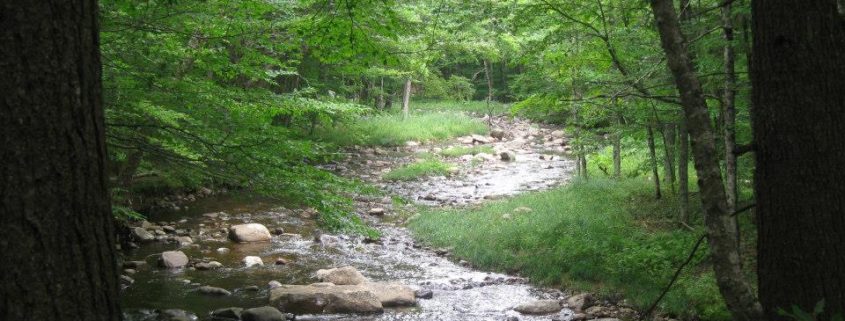Review of Nature is One of the Most Under-appreciated Tools for Reigning in Carbon, by Emma Bryce
Reviewed by Tami Sheiffer
I’ve always been a big-picture person more than a details-person. in Virginia Master Naturalist basic training, I appreciated learning about the geology, flora, and fauna specific to Virginia and Fairfax County, and I value the focus on native plants and animals in our service projects. But my mind always wants to zoom out to the global scale and to my primary concern, which is human-induced climate change. I wonder, does our volunteer work as master naturalists have a significant effect on mitigating climate change, even when our service projects are not directly related to the issue? Encouragingly, the answer seems to be yes.
In Nature is One of the Most Under-appreciated Tools for Reigning in Carbon (20 October 2017) in the magazine Anthropocene, Emma Bryce summarizes Justin Adams’ (2017) study, Natural Climate Solutions, published in the Proceedings of the National Academy of Sciences of the United States of America . The study found that natural climate solutions–reforestation, conserving wetlands, sustainable fertilizer use, and other land management strategies–have a great effect on removing carbon or keeping carbon out of the atmosphere. Even with constraints added to the model, to ensure that land requirements for food production are met, and costs are kept down, a conservative model estimates that natural climate solutions can save 11 billion tons of annual emissions, providing 37% of the mitigation needed to meet the Paris Climate Agreement goal of 2℃ of warming.
The study’s findings are encouraging, and Bryce sums up the key takeaways so that they are easy to remember. The article gives readers information about which land management strategies have the largest impact on carbon mitigation, and assures us that we have enough knowledge about their effectiveness to act on these solutions now.
It turns out that when we plant trees and other native plants, or engage in park restoration, or educate a landowner or farmer to use less fertilizer and disturb the soil less, collectively we are not just improving the local environment but the global one as well.
Want to review a resource? We’d love to hear from you. Instructions for submission await your click and commitment.




